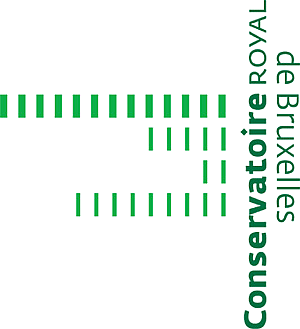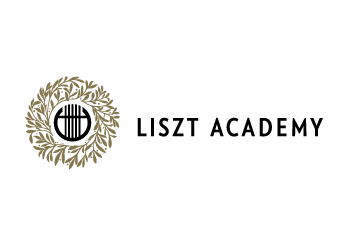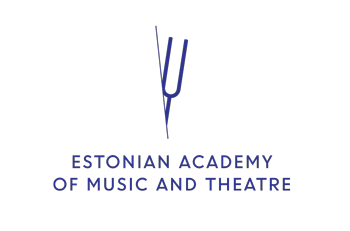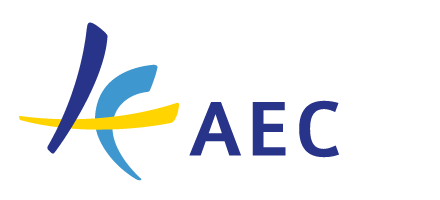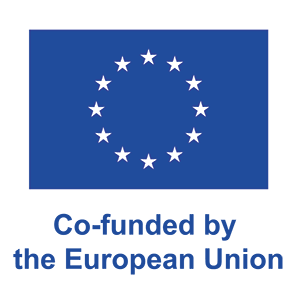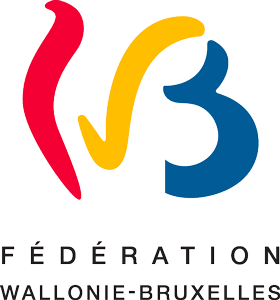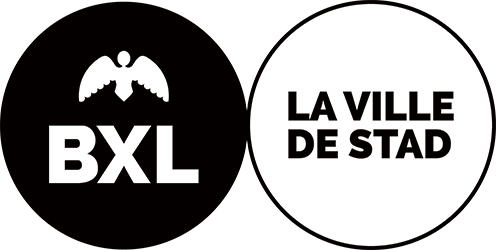Further information
-
assessment
Exam with grade E -
level
Intermediate -
 Completed SemesterOne semester.
Completed SemesterOne semester. -
How many semesters does the course last?
One semester. -
hours per week
1-2 hours. -
 Link of the course
Link of the course -
 Target group of courseInstrumentalists, beginner
Target group of courseInstrumentalists, beginner
Other (Bachelor students.) -
 credits2
credits2 -
 Type of CourseLecture, Seminar
Type of CourseLecture, Seminar -
Degree Level
Bachelor -
 e-learning-elementspdfs of the slides, links to some listenings/audio examples.
e-learning-elementspdfs of the slides, links to some listenings/audio examples. -
Course
Mandatory -
students #
3-6 student -
Hours per year
40 -
BIBLIOGRAPHY
- Giovanni Albini, Perché le note sono sette. Società Europea di Edizioni Spa 2021. - Loris Azzaroni, Canone infinito: lineamenti di teoria della musica. CLUEB 2001. - James Murray Barbour, Tuning and Temperament: A Historical Survey. Michigan State College Press 1951, Dover 2004. - Thomas Christensen (ed.), The Cambridge History of Western Music. Cambridge University Press 2002. -
ONLINE CATALOGUE
WITH CONTENTS -
evaluation grid
-
evaluation grid
and document
Teacher(s)
Giovanni Albini
current position
Full professor
Institution
Conservatorio di Musica "A. Vivaldi"
Be a part of our european project !
This European project (KA 203 Strategic Partnership) created by Salvatore Gioveni promotes cross-border collaboration in the field of Music Theory through sharing knowledge and transferring pedagogical innovation. It thus responds to a lack of centralised source and framework to deepen reflection by means of cross-disciplinary study at European and international level.
There is a significant wealth of educational practices from one country to another in this sector, especially in terms of harmonic musical notation and analysis. However, HMEI's are facing the nonexistence of a European network for pedagogical staff in Music Theory so far. To improve the situation, the project will among other things develop several intellectual outputs such as Online Platform (IO 1), an EU Bibliography (IO 2), a Repository Courses (IO 3), a Multilingual Glossary (IO 4) and an Exchange Online Learning Platform.
Besides the Conservatoire royal de Bruxelles as leader and manager of the project, the following partner institutions are involved: Music Academy S. Moniuszki Gdańsk (Gdańsk, Poland), F. Liszt Academy of Music Budapest (Budapest, Hungary), Estonian Academy for Music and Theatre (Tallinn, Estonia), HfMTh "Felix Mendelssohn Bartholdy" (Leipzig, Germany).
 | 2024
| 2024
